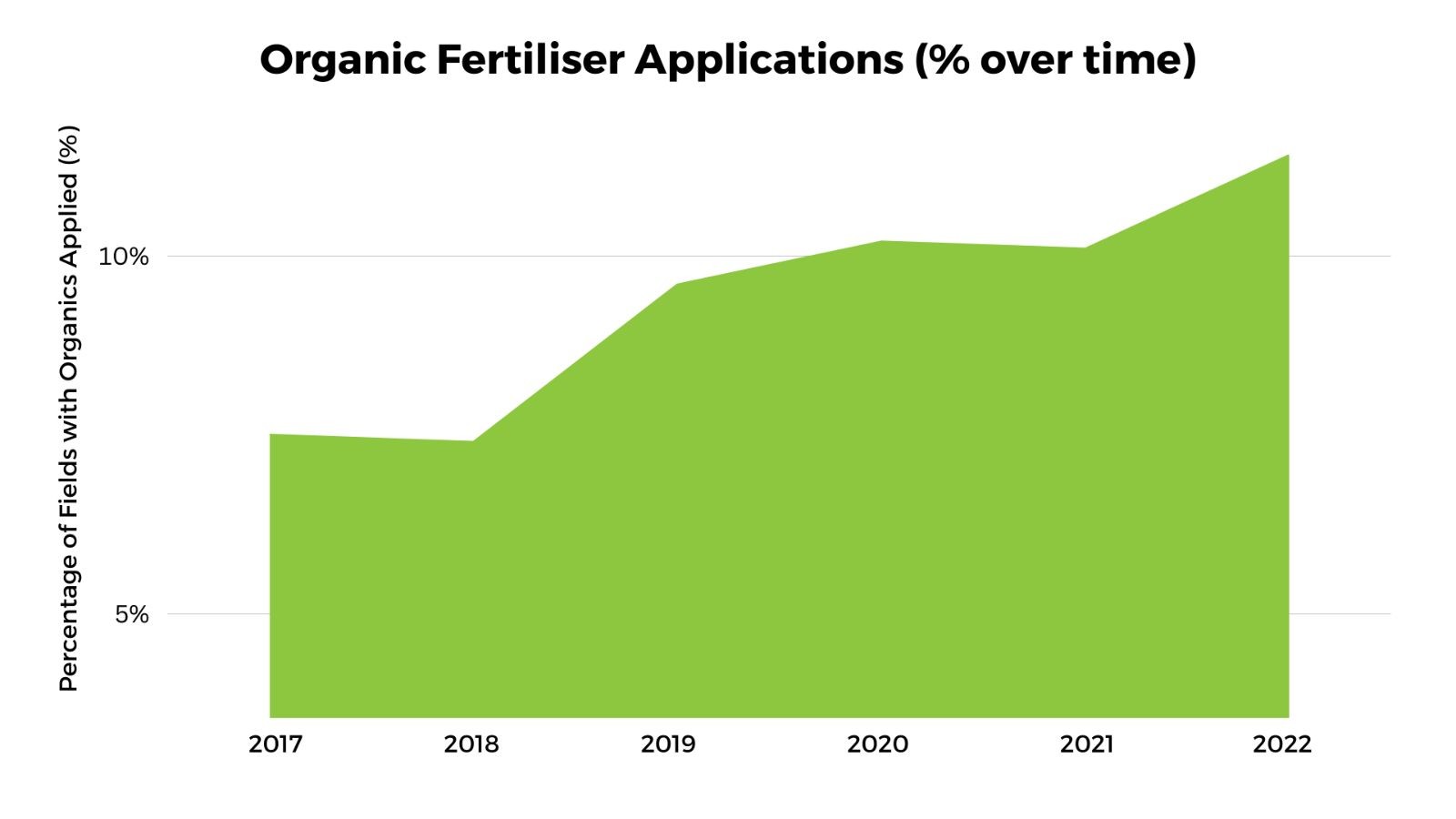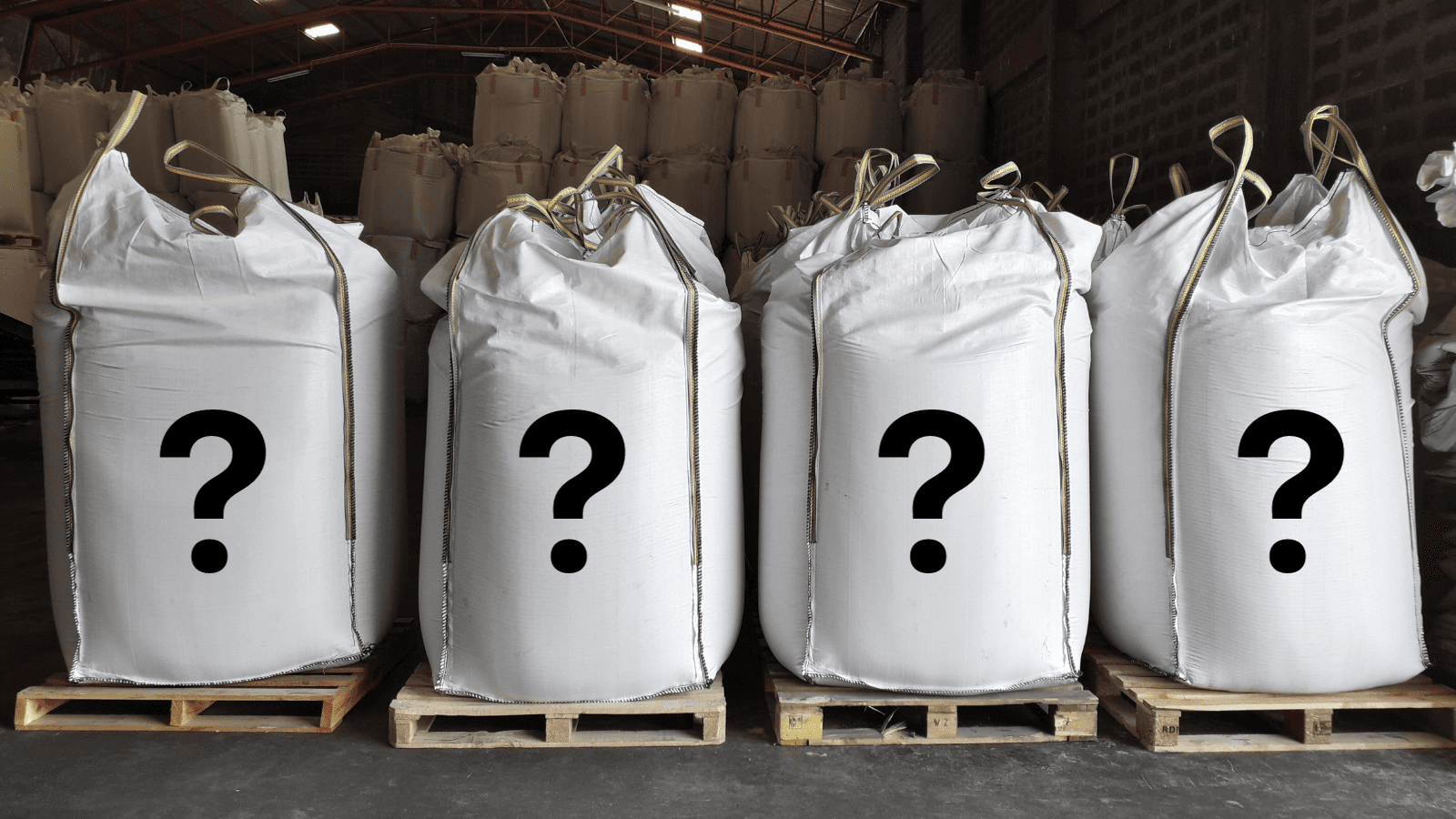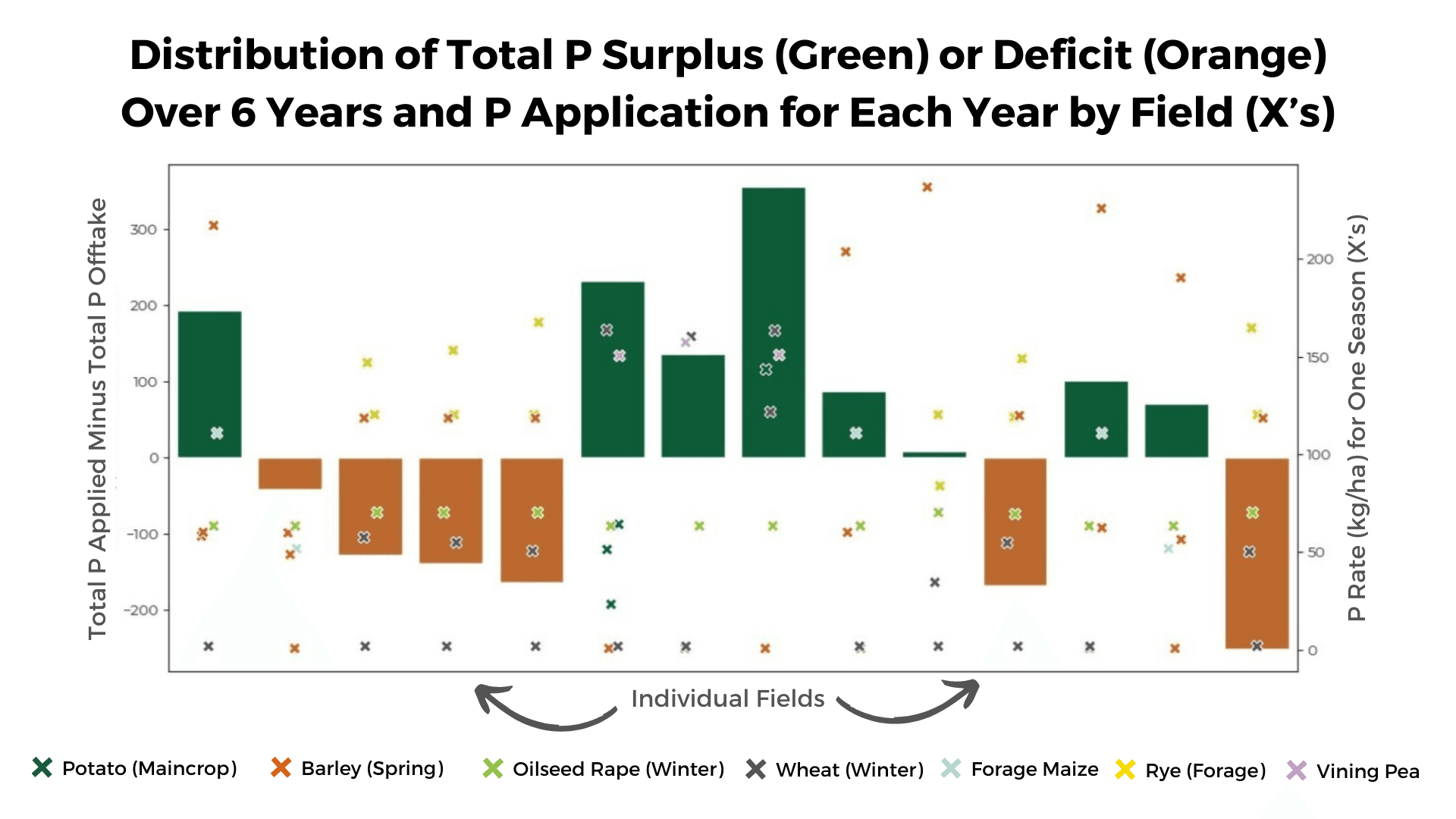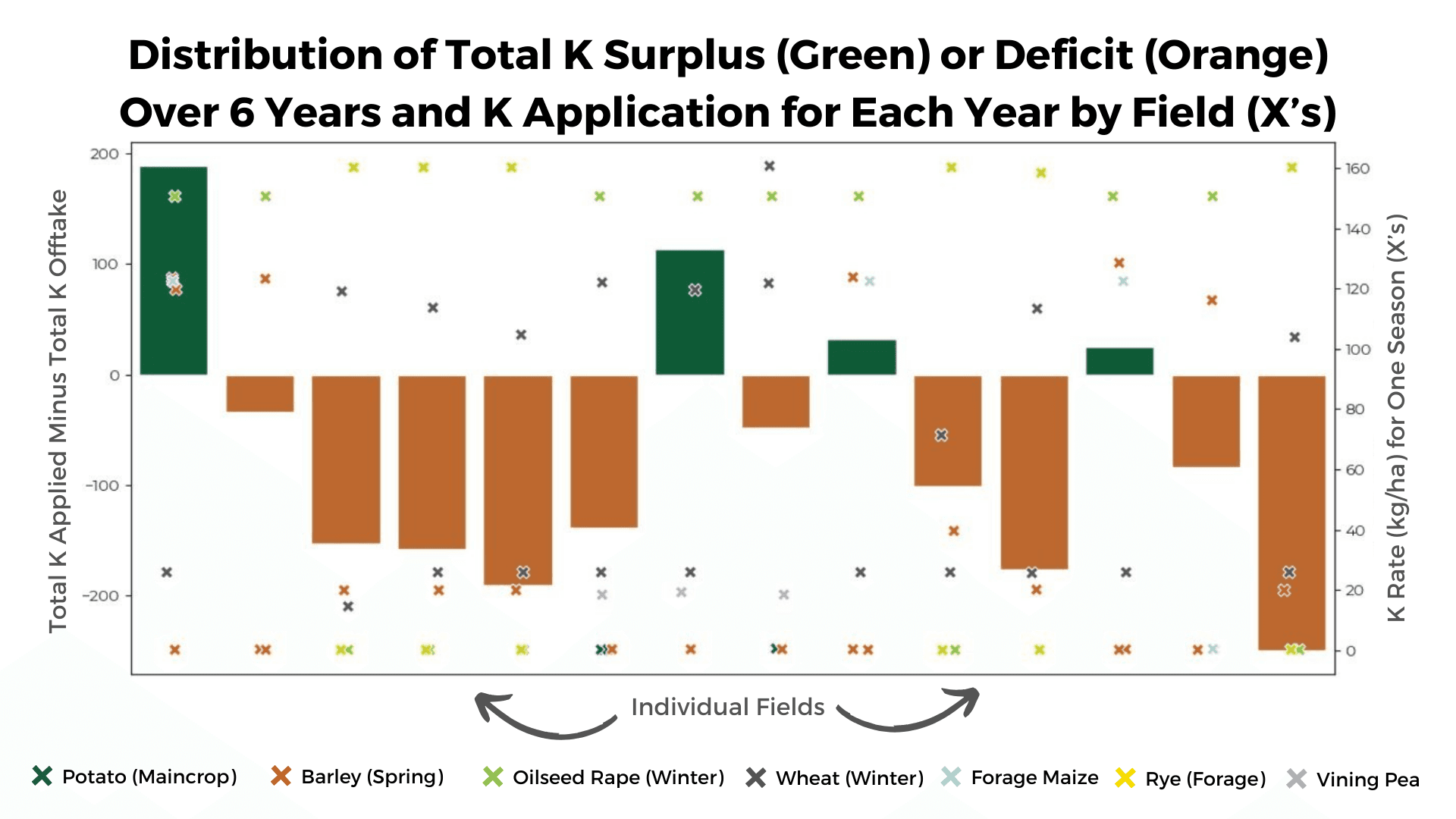Making the Most of Your Muck
HENRY WELHAM
Few in the industry could have imagined the price volatility that fertiliser has witnessed over recent years. Key products reached northwards of £850/t in 2022, with many having little option other than to commit to these increased input costs ahead of the 2023 season.
Partly due to this huge spike in prices, but also a renewed focused on environmental farming, the efficiency and best-practice of fertiliser is being focused upon heavily and is top of mind for most of our customers.
Terms like Nitrogen Use Efficiency (NUE) are now commonplace. Notably, however, it is not just about synthetic products – organic manures also play a pivotal role in the rotation and nutrition programs of crops, and their value should be considered similarly to synthetics.
Accurate Applications
Organic manures contain valuable macro and micronutrients, but also bring additional benefits. Including improvements to carbon sequestration resulting from enhancements in soil organic matter, which in turn improves soil water-holding capacity and infiltration, plus soil friability and structure.
Considering all these reasons - it is little wonder that the percentage of fields having OM applied is increasing across our database (below.)

Understanding the value of these organic additions, including green manure, farmyard manures and other wastes is increasingly vital.
Traditionally, the approach was to ‘slap it on and see.’ However, there is greater scrutiny today surrounding potential adverse environmental impacts of applying organic manure, such as nutrient leaching, runoff, and volatilisation.
These risks can be exacerbated by applying muck that has, for example, a higher N, P or K content than anticipated. A desire to avoid these effects, and the penalties they carry, is contributing to the pressing need toward understanding, analysing and utilising muck as efficiently as possible.
Having a broad-brush approach may result in negative impacts on soil indices and therefore crop yield potential. To gain true efficiency, it is essential to conduct relevant data analysis and use the data to lead decisions on application rates and timings.
Value in Data
Across the spectrum of farm data, the benefits of analysis can vastly outweigh the cost and time of the process. Calculating the nutrient value of organic manure is as necessary as calibrating your drill or fertiliser spreader – it is essential to assessing the impact it will have, both economically and agronomically.
RB209 is commonly used to benchmark the contents of different organic manures, however these are an average from numerous samples, meaning variation can be significant.
Variations are even present from one muck pile to another on a single farm. Factors such as livestock diet, the amount of straw used for bedding-down and dry matter composition can cause variations. In short, no two muck piles are the same.
If you don’t know exactly what you’re applying, it is impossible to dictate your strategy towards your desired outcomes. Your data can justify your decision making.
Case Study
The muck analysis one YAGRO farmer conducted highlighted that his poultry manure had vastly different N P & K availability to what RB209 would suggest. They ascertained dry matter percentage to a decimal, as opposed to the broad percentage categories used in RB209.
If RB209 was followed, and equivalent rates were used, it would have been suggested that the farmer was applying 44% higher N, 16% higher P and 6% higher K than reality.
As a result, the following synthetic inputs would have been under-applied based on crop nutritional requirement, having an economic yield penalty (which may not have been associated to their nutritional applications.) This is a stark example of why accurate data analysis must be the keystone of decision making on farm.
Would you apply a synthetic fertiliser without an accurate breakdown of its contents?

Analysis (P & K)
This precision approach to muck analysis goes hand in hand with soil testing. It’s about having the relevant data made available. Understanding what nutrients are already present in the soil, such as P & K, and the impact organic manures have on soil indices over the rotation helps optimise the correct application strategy.
This ensures the highest efficacy of nutritional products applied, improving costs of production. In other words, using data to give the crop what it needs to reach its potential without wasting inputs that won’t be fully utilised.
Below is an example that our Data Analysts compiled exploring P & K levels across various fields on a single site. By having structured, validated data we were able to accurately identify which fields across a 5-year rotation would have a P and K surplus or deficiency.


Detailing to our farming customer these precise insights regarding nutrient off-take, including input specifics per crop, provided a deep understanding of their fields. This granularity in turn enabled the tailoring of their fertiliser regimes, empowering their decision making and driving efficiency.
Not only does this data-led approach avoid wastage and cut costs, but also improves long-term soil indices.
Ensuring the most efficient use of nutrients year after year, avoiding over or under application, and the peace of mind created by such knowledge are some of the many benefits of data-led decision making.
Afterall, why would you want to risk the environmental and economic impacts of getting it wrong?
Conclusion
Farming businesses are understanding that a comprehensive data strategy should be in place across their enterprise to maximise farm potential. Recording, organising and analysing verified data enables more accurate decision making.
Recognising data's intrinsic value, especially regarding manure optimisation, is paramount today. Fertiliser price volatility and a renewed environmental focus necessitate efficient and sustainable practices, which data-driven decisions can ensure.
Embrace data; mitigate risks and optimise inputs.
To find out how we can support your business through advanced accessible data analytics – click here.

Henry is YAGRO's Partnership Manager, and is responsible for driving adoption and advocacy of YAGRO’s tools and platform. His genuine passion for agriculture and a motivation to promote new technology within the industry has been the cornorstone of his career. Working closely with industry advisors and businesses, Henry provides unique solutions and advice to our partners and farming customers. BASIS and FACTS qualified, with a background in the agrochemical industry, he understands the value and needs of agronomists and growers alike. Outside of work, Henry gets outdoors by playing rugby and enjoys gardening.

